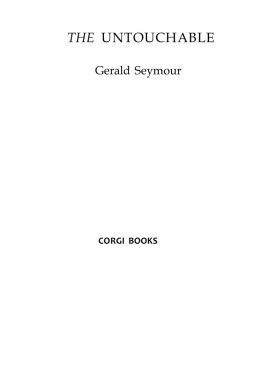PENGUIN TWENTIETH-CENTURY CLASSICS
UNTOUCHABLE
Mulk Raj Anand, one of the most highly regarded Indian novelists writing in English, was born in Peshawar in 1905. He was educated at the universities of Lahore, London and Cambridge, and lived in England for many years, finally settling in a village in Western India after the war. His main concern has always been for the creatures in the lower depths of Indian society who once were men and women: the rejected, who had no way to articulate their anguish against the oppressors. His novels on humanism have been translated into several world languages.
The fiction-factions include Untouchable (1935), Coolie (1936), Two Leaves and a Bud (1937), The Village (1939), Across the Black Waters (1940), The Sword and the Sickle (1942) and the much acclaimed Private Life of an Indian Prince (1953). His autobiographical novels, Seven Summers (1950), Morning Face (1968), which won the National Academy Award, Confession of a Lover (1972) and The Bubble (1988), reveal the story of his experiments with truth and the struggle of his various egos to attain a possible higher self.
One of the most eloquent and imaginative works to deal with this difficult and emotive subject Martin Seymour-Smith on Untouchable
MULK RAJ ANAND
UNTOUCHABLE

Penguin Books
The original edition of this novel was dedicated to
EDITH YOUNG
In this edition I add the names of
Perspirer K. S. SHELVANKAR
and
Inspirer MAHATMA GANDHI
PENGUIN BOOKS
Published by the Penguin Group
Penguin Books Ltd, 80 Strand, London WC2R 0RL, England
Penguin Putnam Inc., 375 Hudson Street, New York, New York 10014, USA
Penguin Books Australia Ltd, 250 Camberwell Road, Camberwell, Victoria 3124, Australia
Penguin Books Canada Ltd, 10 Alcorn Avenue, Toronto, Ontario, Canada M4V 3B2
Penguin Books India (P) Ltd, 11 Community Centre, Panchsheel Park, New Delhi 110 017, India
Penguin Books (NZ) Ltd, Cnr Rosedale and Airborne Roads, Albany, Auckland, New Zealand
Penguin Books (South Africa) (Pty) Ltd, 24 Sturdee Avenue, Rosebank 2196, South Africa
Penguin Books Ltd, Registered Offices: 80 Strand, London WC2R 0RL, England
www.penguin.com
First published by Wishart 1935
Published in Penguin Books 1940
Copyright 1935 by Mulik Raj Anand
All rights reserved
Except in the United States of America, this book is sold subject to the condition that it shall not, by way of trade or otherwise, be lent, re-sold, hired out, or otherwise circulated without the publishers prior consent in any form of binding or cover other than that in which it is published and without a similar condition including this condition being imposed on the subsequent purchaser
ISBN: 978-0-14-195694-7
PREFACE
Some years ago, I came across a copy of a book by myself, A Passage to India, which had apparently been read by an indignant Colonel. He had not concealed his emotions. On the front page, he had written, burn when done, and lower down: Has a dirty mind, see page 215. I turned to page 215 with pardonable haste. There I found the words: The sweepers of Chandrapur had just struck, and half the commodes remained desolate in consequence. This light-hearted remark has excluded me forever from military society ever since.
Well, if the Colonel thought A Passage to India dirty, what will he think about Untouchable, which describes a day in the life of a sweeper in an Indian city with every realistic circumstance. Is it a clean book or a dirty one ? Some readers, especially those who consider themselves all-white, will go purple in the face with rage before they have finished a dozen pages, and will exclaim that they cannot trust themselves to speak. I cannot trust myself either, though for a different reason : the book seems to me indescribably clean and I hesitate for words in which this can be conveyed. Avoiding rhetoric and circumlocution, it has gone straight to the heart of its subject and purified it. None of us are purewe shouldnt be alive if we were. But to the straightforward all things can become pure, and it is to the directness of his attack that Mr. Anands success is probably due.
What a strange business has been made of this business of the human body relieving itself ! The ancient Greeks did not worry about it, and they were the sanest and happiest of men. But both our civilisation and the Indian civilisation have got tied up in the most fantastic knots. Our own knot was only tied a hundred years ago, and some of us are hoping to undo it. It takes the form of prudishness and reticence; we have been trained from childhood to think excretion shameful, and grave evils have resulted, both physical and psychological, with which modern education is just beginning to cope. The Indian tangle is of a different kind. Indians, like most Orientals, are refreshingly frank; they have none of our complexes about functioning, they accept the process as something necessary and natural, like sleep. On the other hand they have evolved a hideous nightmare unknown to the west : the belief that the products are ritually unclean as well as physically unpleasant, and that those who carry them away or otherwise help to dispose of them are outcastes from society. Really, it takes the human mind to evolve anything so devilish. No animal could have hit on it. As one of Mr. Anands characters says : They think we are dirt because we clean their dirt.
The sweeper is worse off than a slave, for the slave may change his master and his duties and may even become free, but the sweeper is bound for ever, born into a state from which he cannot escape and where he is excluded from social intercourse and the consolations of his religion. Unclean himself, he pollutes others when he touches them. They have to purify themselves, and to rearrange their plans for the day. Thus he is a disquieting as well as a disgusting object to the orthodox as he walks along the public roads, and it is his duty to call out and warn them that he is coming. No wonder that the dirt enters into his soul, and that he feels himself at moments to be what he is supposed to be. It is sometimes said that he is so degraded that he doesnt mind, but this is not the opinion of those who have studied his case, nor is it borne out by my own slight testimony : I remember on my visits to India noticing that the sweepers were more sensitive-looking and more personable than other servants, and I knew one who had some skill as a poet.
Untouchable could only have been written by an Indian, and by an Indian who observed from the outside. No European, however sympathetic, could have created the character of Bakha, because he would not have known enough about his troubles. And no Untouchable could have written the book, because he would have been involved in indignation and self-pity. Mr. Anand stands in the ideal position. By caste he is a Kshatriya, and he might have been expected to inherit the pollution-complex. But as a child he played with the children of the sweepers attached to an Indian regiment, he grew to be fond of them, and to understand a tragedy which he did not share. He has just the right mixture of insight and detachment, and the fact that he has come to fiction through philosophy has given him depth. It might have given him vagueness that curse of the generalising mind but his hero is no suffering abstraction. Bakha is a real individual, lovable, thwarted, sometimes grand, sometimes weak, and thoroughly Indian. Even his physique is distinctive ; we can recognise his broad intelligent face, graceful torso and heavy buttocks, as he does his nasty jobs, or stumps out in artillery boots in hopes of a pleasant walk through the city with a paper of cheap sweets in his hand.
Next page

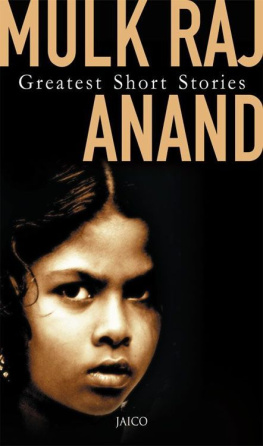
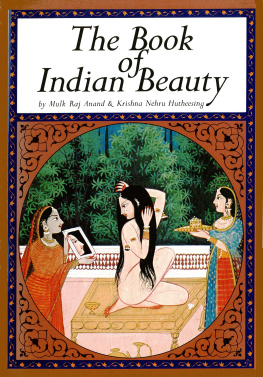

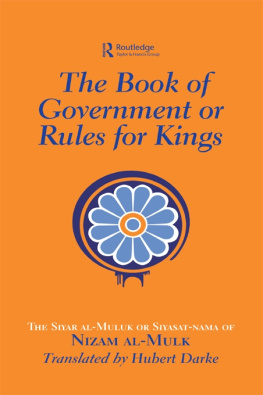
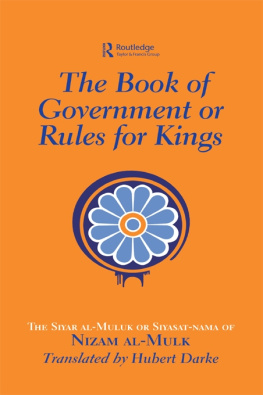
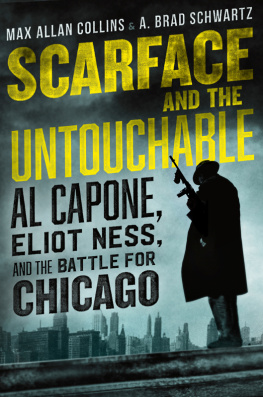
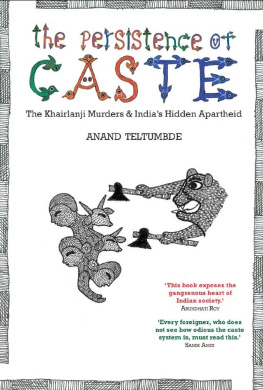
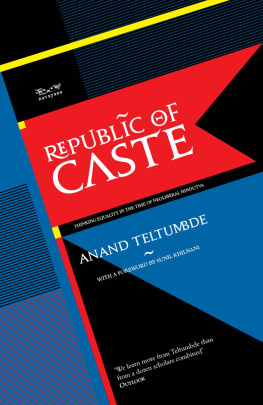
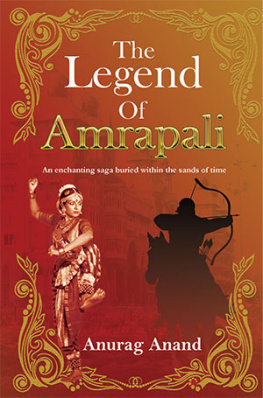
![Anita Anand - The Library Book. Anita Anand ... [Et Al.]](/uploads/posts/book/40194/thumbs/anita-anand-the-library-book-anita-anand-et.jpg)
